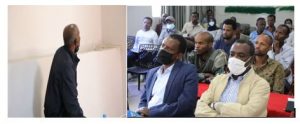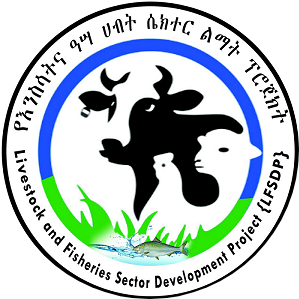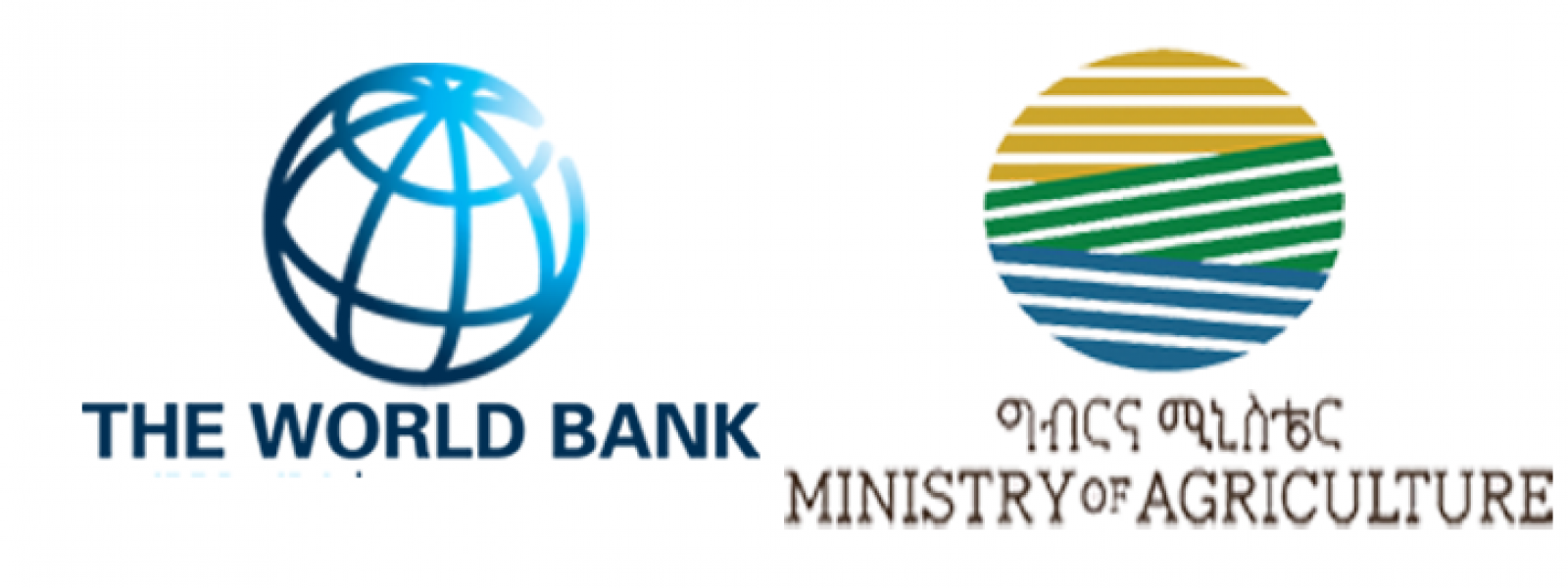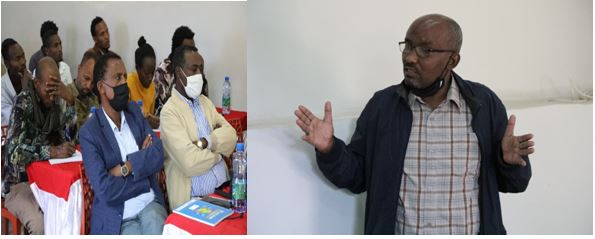Lfsdp News, Addis Ababa
Environmental and Social Safeguard Training forregional specialists’ project staffs, Woreda Safeguard focal person and woreda Environment Forest CC expertsgiven from 04-06 March 2021 at Adama city has been completed.
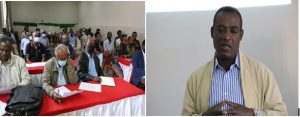
Theopening remarks of the training, Oromia region LFSDP Coordinator Dr.DerejeGudeta (PHD) has pointed out the importance of addressing environmental and social safeguard in the process of project implementation and to mitigate the potential negative impacts on the environment and social issues and ensure sustainable development as well. Further the Regional project Coordinator indicated the requirement and importance of integratingagreed policies, guidelines, tools, screening and procedures of ESMF into the implementation of LFSDP in Woredas and Kebeles of the project region is vibrant. For this purpose to ensure subproject implementation is compliance with World Bank safeguard policy and National Environmental and social policy of the countries continuous capacity buildings are paramount important for those experts have directly involved in the screening and preparation of safeguard instruments.
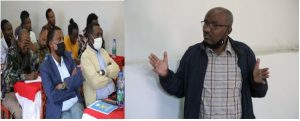
With the objective ofstrengtheningthe capacity inthe implementation of socialand environmental safeguard three days trainings were given for regionalspecialists’ project staffs, Woreda Safeguard focal person and woreda Environment Forest CC experts represented from23 woredasof Oromiaregion. At the same time the training was to improve knowledge and skills on the World Bank Operational policy and implementation modalities. Hence the number of participants attended the training were 45 (41 male and 4 female).
The three days training was given by Federal PCU senior Social Safeguard Specialist AtoGebreTerefe and Senior Environmental Specialist AtoMussie H/Georgis.
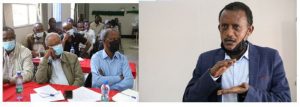
Major areas of the trainingshave been on ESMF process, procedures, institutional arrangements, environmental and social screening and review;Environmental and Social Policies of the WB, as Triggered by LFSDP,Preparation of ESMP,farm Biosecurity, Environmental and Social monitoring indicators and parameters, Involuntary Resettlement,underserved and vulnerable groups and Grievance Redress Mechanism (GRM).
In addition to this group exercises on case study relatedto LFSDP supported intermediate subprojects (poultry, red meat, dairy and fish)were given for the trainees. After group formation they discussed case by case and after completion of the assignment group representative of each group has presented and discussions have been conducted on the presentations.
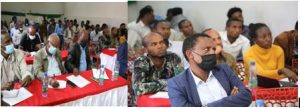
At the end of the training the participants were asked to share their feelings on the training approach. Thus all the participants were fully satisfied with the training delivered by the trainers because of its relevance to the projects activities which is in our case LFSDP. Moreover the experiences of different project woredas shared during the trainer presentation and group discussions were significantly important.Essentially important points have been raised on how to maintain safeguard instruments in LFSDP development interventions to avoid, minimize and mitigate any social and environmental impacts in the course of project implementation.
